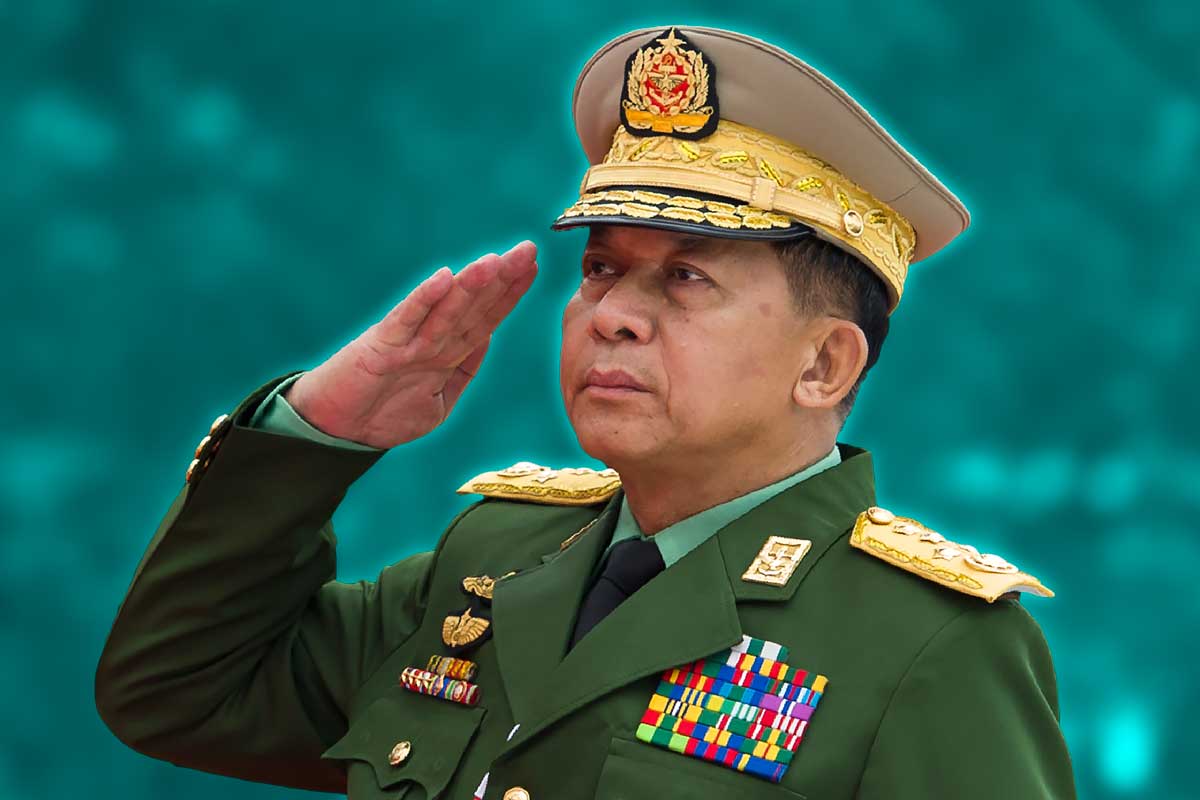A US travel ban on Myanmar army chief Min Aung Hlaing over his role in orchestrating a bloody crackdown against Rohingya Muslims harms the dignity of the military, a spokesman said Wednesday, adding critics failed to properly understand the crisis.
The sanctions against the army chief and three other top military brass was the strongest censure from a western power since the army launched its offensive against the Rohingya in August 2017 following attacks on police posts.
Secretary of State Mike Pompeo said Tuesday that the senior military figures were responsible for human rights violations including extrajudicial killings during the "ethnic cleansing" of the stateless minority when more than 740,000 were driven into Bangladesh.
But military spokesman and Brigadier General Zaw Min Tun said the campaign was in self-defence, and they had carried out their own investigations.
"Our actions should be respected,” he said, adding that the sanctions "harmed the dignity of the military".
He said the US misunderstood the history of the fighting in Rakhine state where the Rohingya crackdown occurred.
"The military carried out our duty to protect the lives of ethnic minorities and to protect the region.”
Myanmar does not recognise the Rohingya as one of its many official ethnicities, insisting they are interlopers from Bangladesh.
The US, Canada and the European Union have passed sanctions against members of the powerful military before, but stopped short of reaching the very top of leadership.
But rights groups and UN investigators have called for stronger action against Min Aung Hlaing – including international prosecution for genocide.
Pompeo said in his statement that the US remains concerned the Burmese government had taken no action against rights violators.
He cited the "egregious" example of the release of soldiers who massacred 10 Rohingya Muslims.
The soldiers spent only a few months in prison – less time than two Reuters journalists who exposed the massacre and were behind bars for more than 500 days on state secrets charges.
The sanctions against Min Aung Hlaing, deputy commander-in-chief Soe Win, brigadier generals Than Oo and Aung Aung also apply to their immediate family members.
Min Aung Hlaing has yet to comment on the moves and has remained defiant as accusations mount.
In a rare interview in February, he said there was "no certain proof that the national army was involved in the persecution" of Rohingya. – AFP
